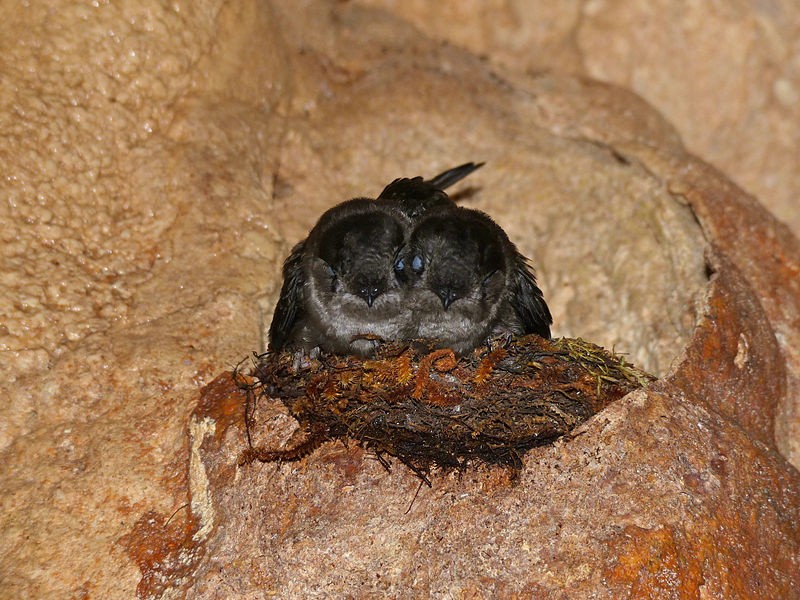John Stimpson, a retired salesman, turns 80. Stimpson is particularly proud of one accomplishment: he just fulfilled his aim of constructing 30,000 swift boxes, which could accommodate half of the UK's breeding population of 60,000 pairs.

Dedication
Stimpson has been producing these oddly shaped boxes in his garage connected to his cottage near Ely, Cambridgeshire, for 13 years, using three saws and three drills.
After orders rose, what began as a retirement hobby turned into a full-time profession, and he now works 13-hour days to complete them all. He sells them for £20, which covers all of his expenses.
He's also built roughly 700 barn owl boxes and 800 blue tits, finches, blackbirds, and thrushes boxes. According to the British Trust for Ornithology, Stimpson built most of the swift boxes installed in the UK. He didn't realize how many he'd made until he glanced through his order book in July.
"I'm not easily bored." The quantity of life problems that have been solved in this garage is incredible. He says, "Your mind mulls over things." He aspires to continue constructing boxes when he is 99 (his mother's age), although he expects his speed to drop.
Giving Shelter
Given that half of the UK's human-made nest boxes are occupied, Stimpson has likely housed 15,000 pairs of swifts. He speaks modestly about his accomplishments. He says, "It's a wonderful notion." "At the end of the day, I'm rather proud of it." I believe I've made an impact after failing academic tests in the 1950s."
After 20 years as a Weetabix salesperson and another 19 years selling horticulture labels at Burall Bros, Stimpson retired early. He and his wife, Jill, have resided in Wilburton for 51 years. He credits his grandpa, a farm laborer, for teaching him to appreciate nature by taking him out. "Wildlife gives me so much delight. One way I can repay it is to build these boxes."
Related Article : Jays Might Be Responsible for Planting Half the Tree Population in England's Woodlands
Noticing the Problem
Stimpson, like many others, has witnessed an alarming decrease in animals over his lifetime. Swifts, swallows, and house martins, which he remembers from his boyhood, are vanished. He is enraged that his two grandchildren will not be able to experience the wealth of the past.
Stimpson, like many others, has witnessed an alarming decrease in animals over his lifetime. Swifts, swallows, and house martins, which he remembers from his boyhood, are vanished. He is enraged that his two grandchildren will not be able to experience the wealth of the past.
Swifts in the UK are declining due to a loss of nesting grounds, with numbers estimated to have decreased by 57 percent in 22 years. These migrants, who are now on the UK's red list, are site-specific, which means they return to the exact location every spring after flying hundreds of miles from Africa. The issue is that many ancient barns and drafty dwellings have been refurbished and patched up, resulting in the loss of nesting locations.
For more news update about Environmental Action, don't forget to follow Nature World News!
© 2025 NatureWorldNews.com All rights reserved. Do not reproduce without permission.

